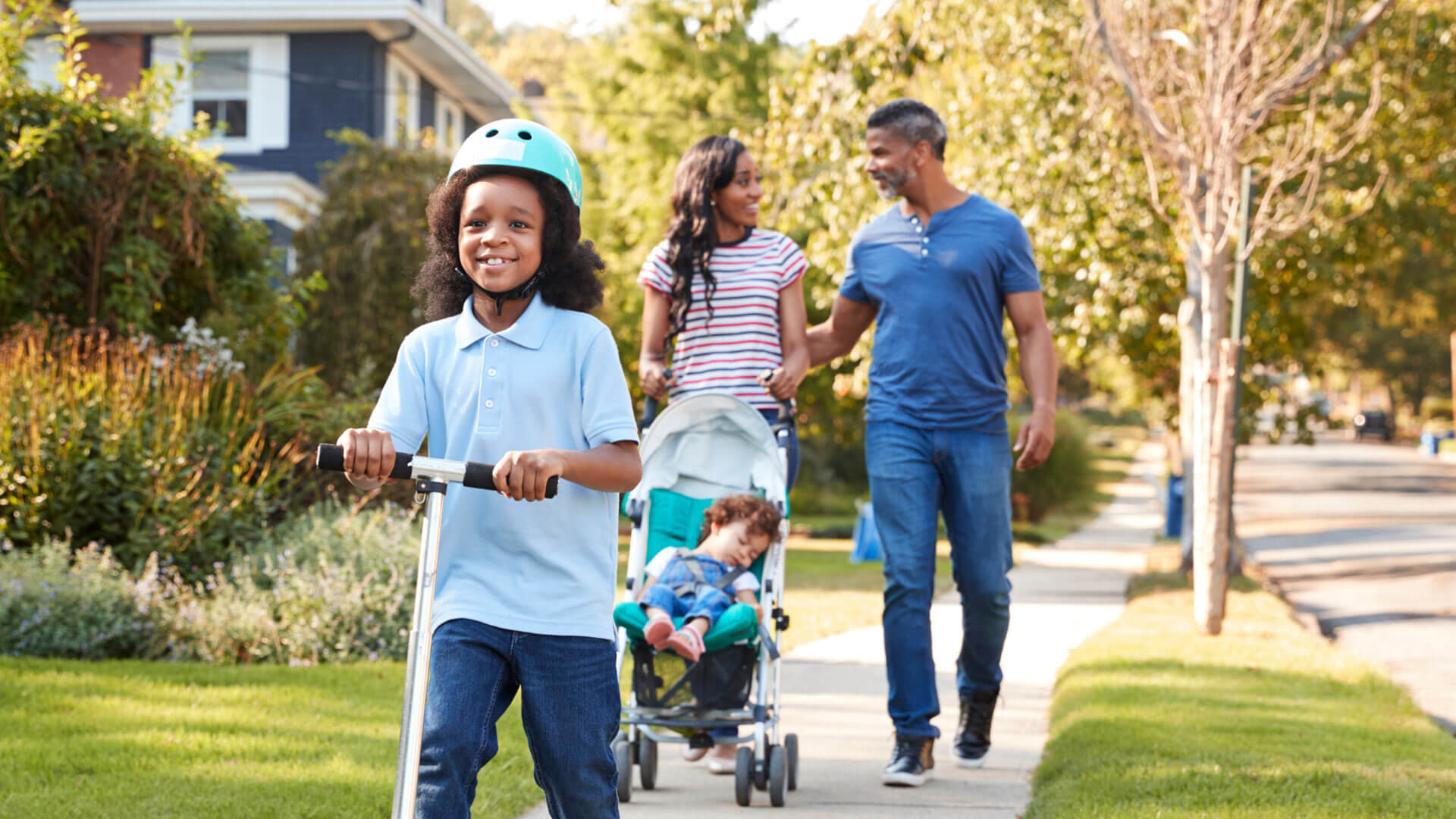
Safe communities
Keeping communities safe
Every person in every community wants to feel safe.
We know people have been going through a lot these last few years. The incidents of crime, violence and hate we’re seeing here and around the world are worrying.
And the problems people are facing – toxic drugs, homelessness and mental health – have gotten harder.
That is why we’re taking action to tackle these challenges head on and get at the root causes so we can keep people safe and communities strong. And it’s starting to make a difference.
On this page
Connect to support now
-
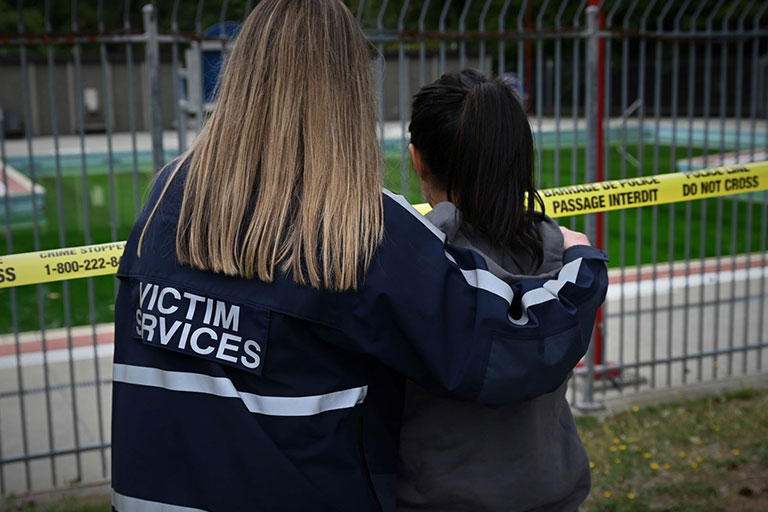
Support for victims and families of extortion
If you’ve experienced extortion, you might be feeling frightened, overwhelmed, or unsure what to do. You don’t have to face this alone. Support is available to help you.
-
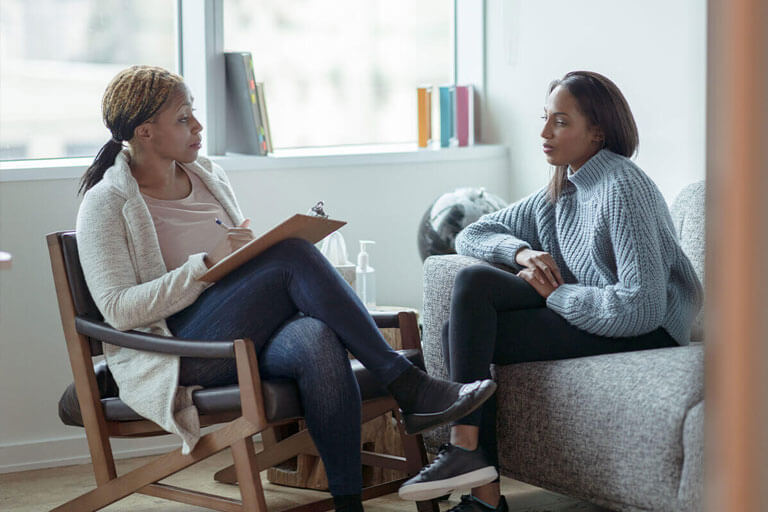
Support for victims of crime
Access 24/7 support for all victims of crime, including family and sexual violence, human trafficking and hate from VictimLinkBC. Services available in 150 languages.
-

Find same-day care for opioid addiction
The Opioid Treatment Access Line makes it faster to access life-saving medication to prevent withdrawal symptoms. It’s free and confidential. Call 1-833-804-8111.
Strengthening enforcement and crime prevention
We’re stepping up enforcement to keep people who repeatedly commit violent crime off our streets and connecting people to intervention services to address root causes and break the cycle of crime.
-
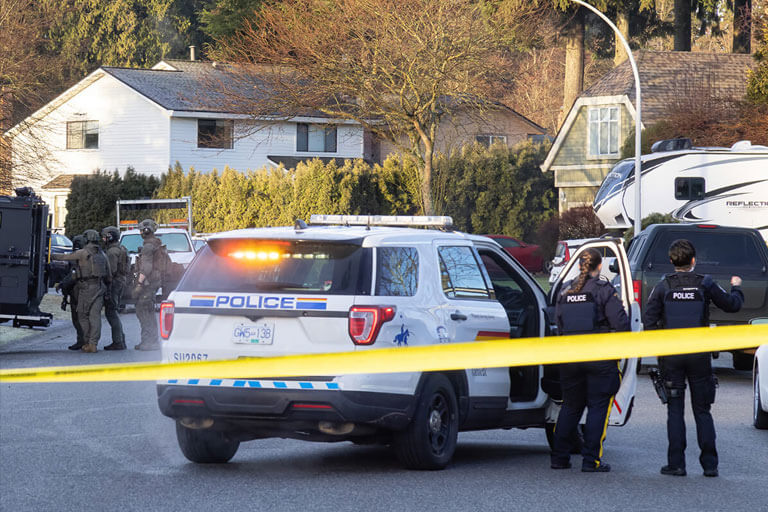
Taking action to curb gun and gang violence
The Integrated Gang Homicide Team is our newest initiative to fight organized crime and stop criminals from bringing violence into our communities. It brings together local, provincial, and federal agencies to help keep people and communities safe from gun and gang violence.
-
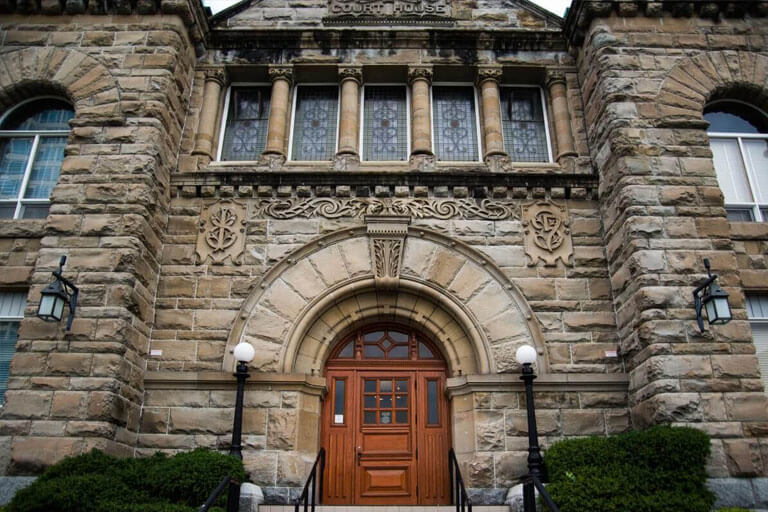
Championing stricter federal bail rules
Like other jurisdictions, B.C. saw an increase in repeat violent crime, in part due to changes the federal government made to the bail process.
B.C. successfully led the charge for federal bail reform, which went into effect January 4, 2024.
-

Expanding virtual and after-hours bail
Expanded virtual bail is helping court staff get more done in less time, even during extreme events like wildfires and floods. Accused people are also able to access court proceedings faster and closer to their home community so they don’t have to be sent to a bigger city and risk getting stuck far away, often homeless without support.
-
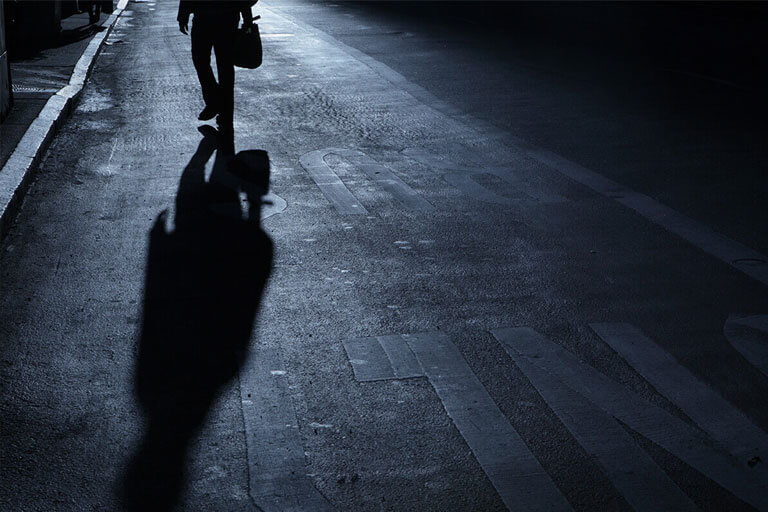
Stopping repeat violent offending
Twelve repeat violent offending intervention hubs across the province bring together police, dedicated prosecutors and probation officers to help stop crime before it starts. They focus on holding people accountable through better monitoring and enforcement, ensuring prosecutors have the information they need to make informed decisions from bail to sentencing, and coordinating supports to address root causes of crime, like homelessness, addiction and mental health challenges.
-
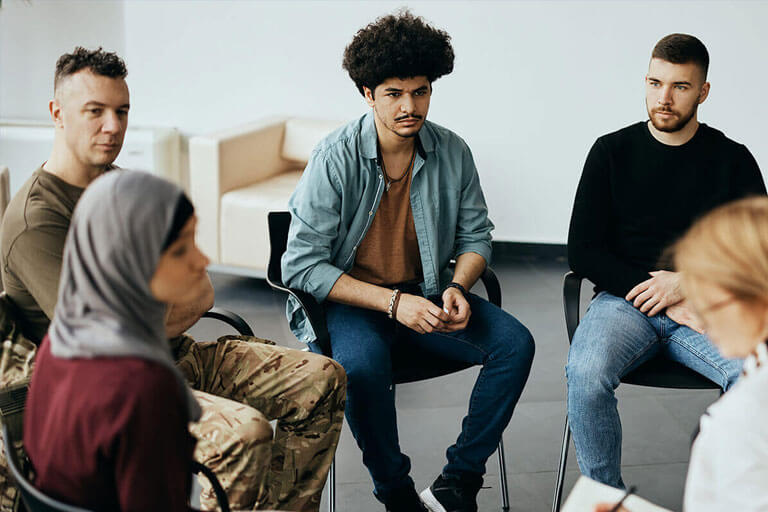
Transitioning people leaving custody back into the community
To reduce the risk of reoffending, people leaving jail with mental health and addiction challenges now receive 90 days of personalized support from Community Transition Teams. They are connected to resources to address the root causes of crime and safely transition back into the community.
-
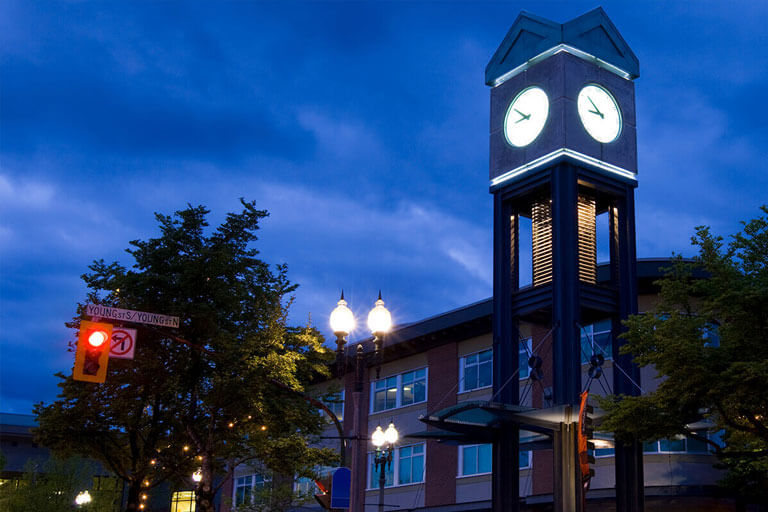
Increasing specialized investigation and targeted enforcement operations
Police agencies are expanding their ability to investigate and target criminal activity more effectively so they can keep repeat violent offenders and toxic drugs off the streets.
-
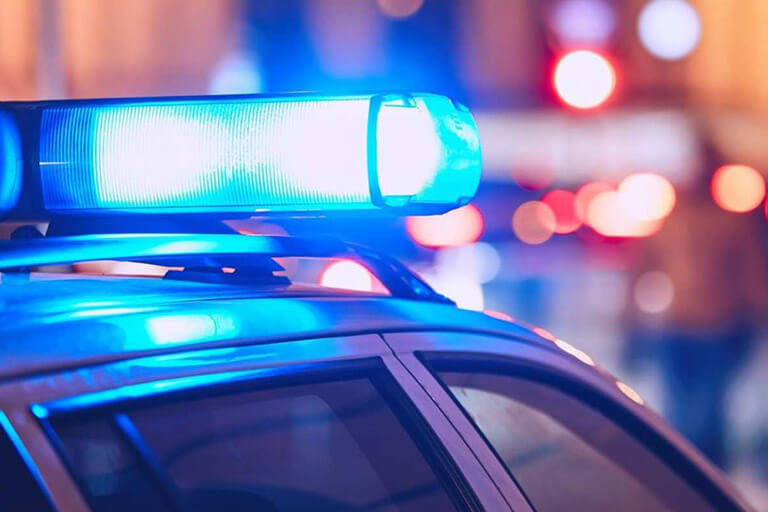
Hiring more police officers
The Provincial Police Service is hiring 256 officers and 80 public service positions over the next 3 years to fill existing vacancies in rural, remote and Indigenous communities, and to support specialized teams that investigate and prevent violent and organized crime.
-
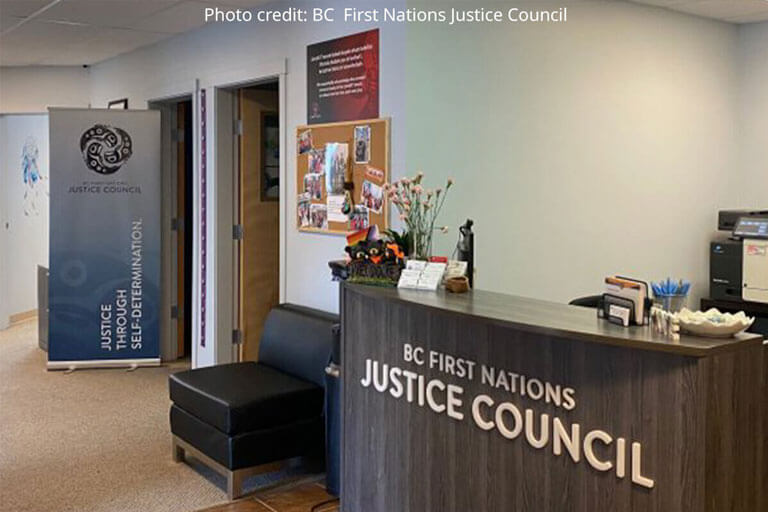
Expanding Indigenous Justice Centres
Indigenous People involved in criminal and child protection matters can access free, culturally appropriate legal services and holistic supports to address root causes and prevent future negative interactions with the justice system.
Ending encampments and housing insecurity
Cost of living challenges we’re seeing here and around the world are pushing more vulnerable people into homelessness. Encampments are not the answer. That is why we’re doing everything we can to deliver more homes and supports, so people can move into stable homes and get the help they need to leave the homelessness cycle for good.
-

Belonging in BC homelessness plan
Working to prevent and reduce homelessness by providing more support for people at risk of becoming homeless and addressing the factors that lead to it.
-
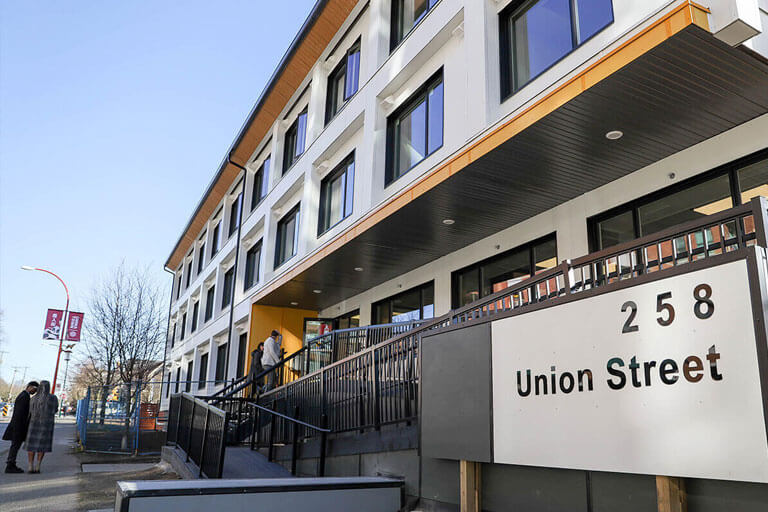
Supporting people experiencing or at risk of homelessness
Opening more shelters and building more affordable and supportive homes for people in need, and helping people keep the homes they have by capping rent increases and supporting renters facing an unexpected financial crisis.
-
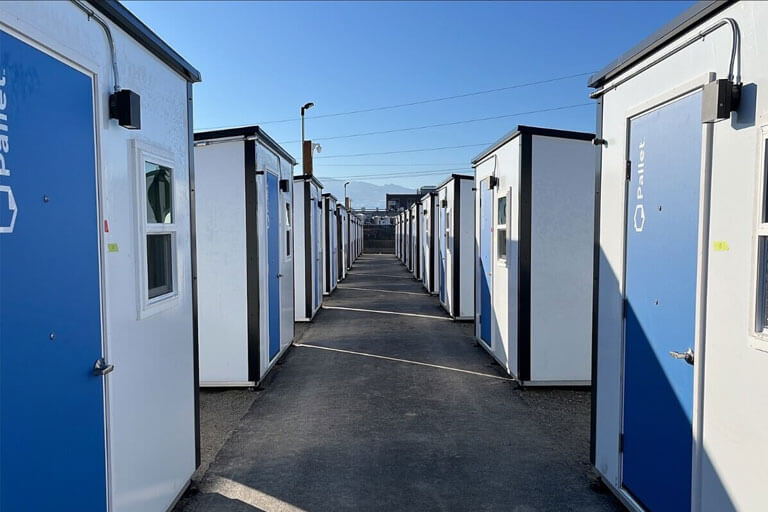
Responding to encampments quickly
Providing rapid, coordinated and personalized support to help people living in unsafe conditions outdoors access the health and social services they need and move into safe shelters and stable housing.
Tackling the toxic drug crisis
Street drugs have gotten more poisonous, more unpredictable and more deadly over the last few years. That is why we’re going after the organized criminals preying on our loved ones and doing everything we can to save lives and connect people to care so they live to get the treatment they need, no matter how many times it takes.
-

Cracking down on the proceeds of organized crime
Using unexplained wealth orders to go after fast cars, fancy homes and luxury goods of high-level criminals profiting off the deadly toxic drug supply that’s killing our loved ones.
-
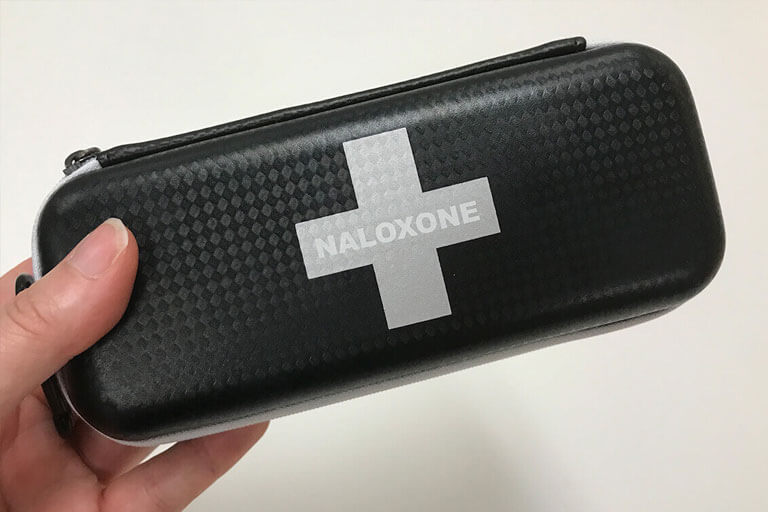
Expanding harm reduction initiatives to save lives
Toxic drugs are killing our loved ones. That’s why B.C. will continue working to save lives and connect people to the care they need.
Budget 2024 supports prevention programs and harm reduction initiatives at overdose prevention sites, drug checking, and naloxone kit distribution.
-

Providing free medication-assisted opioid treatment
Reducing financial barriers to opioid agonist treatment for people with opioid use disorder will help more people stabilize their lives as they begin their path to recovery.
-

Expanding mobile integrated crisis response teams to more communities
Responding to emergency mental health and addiction calls with pairs of police and health professionals trained to de-escalate and offer immediate, specialized care so people in crisis can be connected to treatment and support instead of the criminal justice system.
Improving mental health and addiction supports
We’re working to deliver the mental health and addiction care people need to live full and healthy lives, including prevention, early intervention, harm reduction, treatment and recovery.
-
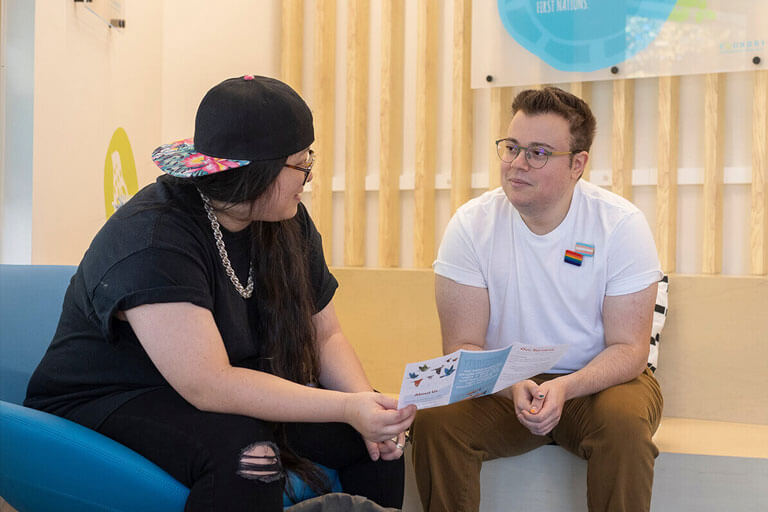
Intervening early
Helping people access care soon by increasing support in schools, expanding youth Foundry Centres, providing free or low-cost community counselling, and supporting parents and caregivers.
-

Connecting people to care
Expanding treatment options and opening more treatment and recovery beds across the province so people can get the care they need closer to home.
-
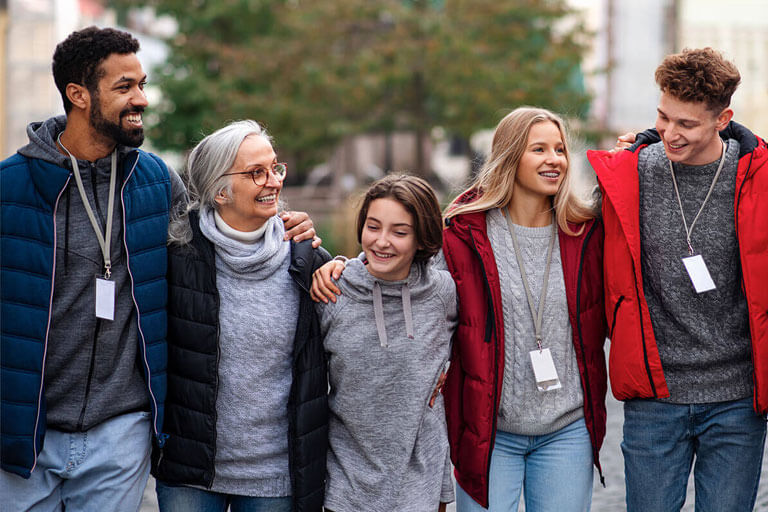
Supporting ongoing wellness and recovery
Creating pathways to recovery so people can build community connections, resiliency, wellness, life-skills programming and relapse prevention.
-

Expanding peer assisted care teams
Expanding mental health response teams led by trained mental health professionals and peer support workers so people in crisis get trauma-informed care and police can focus on crime.
-
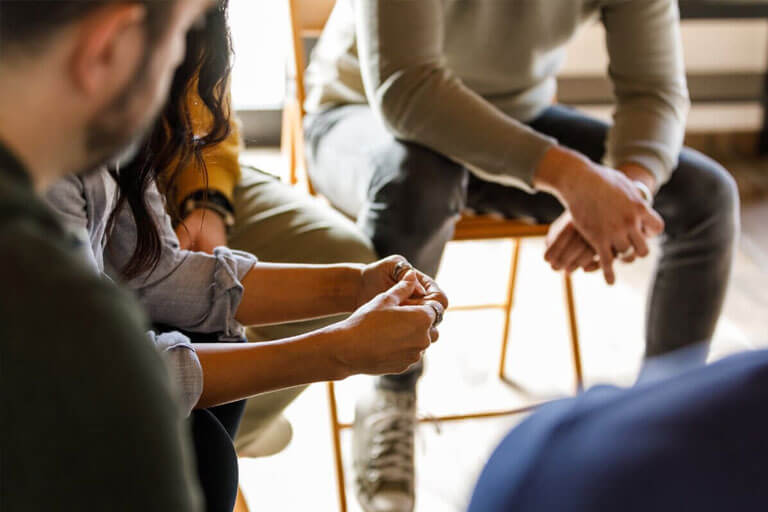
Expanding community safety situation tables
Bringing together front-line public safety, health and social services staff to intervene and connect vulnerable people to support to help lower their risk of being victimized, harming themselves or others, or criminal offending.
-
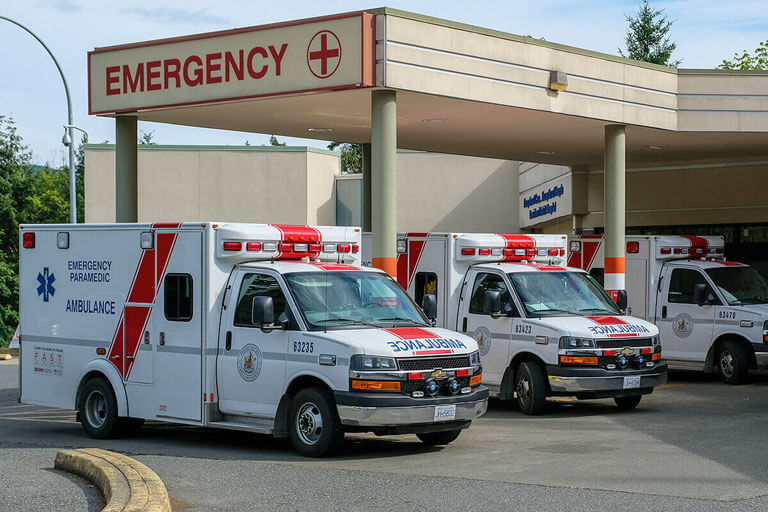
Bringing on more first responders
Recruiting and training more paramedics and first responders so people can get the care they need in times of crisis and medical emergency.
Standing up to hate
We’re coming together to keep people safe and build stronger communities by standing up to racism and discrimination and supporting victims of crime and violence.
-
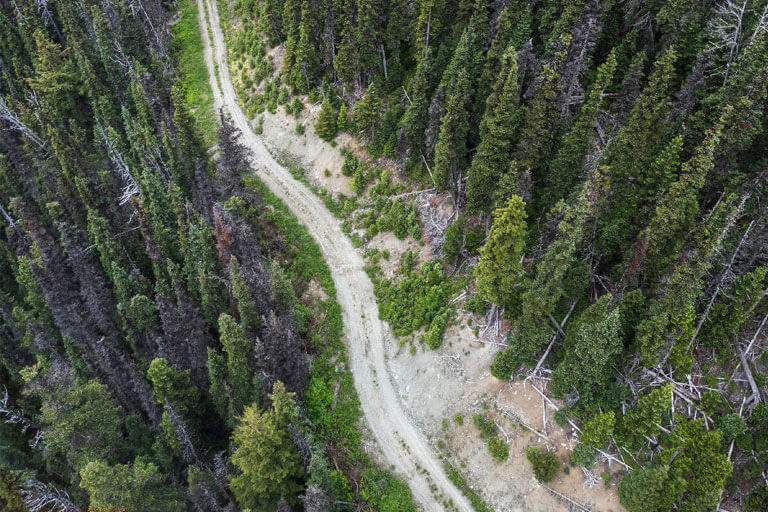
Safer access to First Nations communities
People deserve to get home and where they need to go – safely. We’re improving access for 11 First Nation communities who rely on forest service roads. We’re also supporting new and upgraded community infrastructure.
-
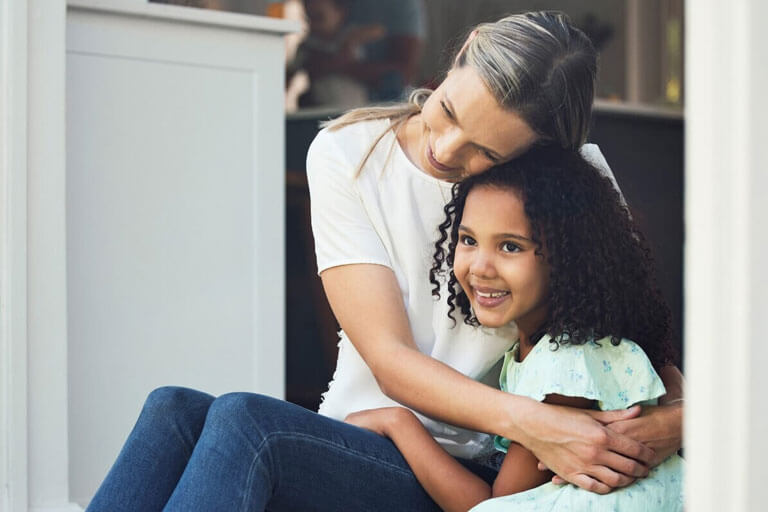
Expanding Legal Aid Services
To support families accessing the courts, we’re expanding the early resolutions model. This model helps divert cases to mediation and Legal Aid Services. A new family law clinic specializing in family violence will also help more families access legal aid each year.
-

Addressing systemic racism
Working with Indigenous Peoples and racialized communities to make provincial programs and services more equitable and inclusive.
-
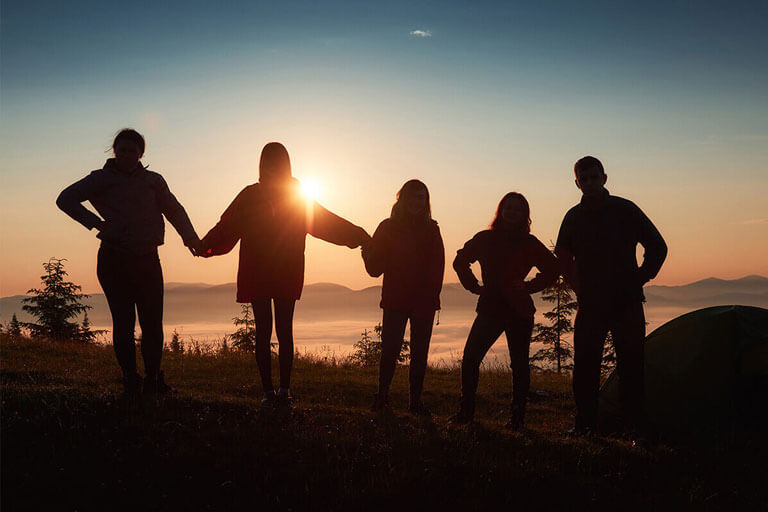
Breaking the cycle of gender-based violence
Safe and Supported: B.C.’s Gender-Based Violence Action Plan outlines how we’re taking action to support survivors with victim-centered and trauma-informed programs, end isolation, stigma and apathy, and promote gender equity so every woman, girl and gender-diverse person is able to live free from violence.
-
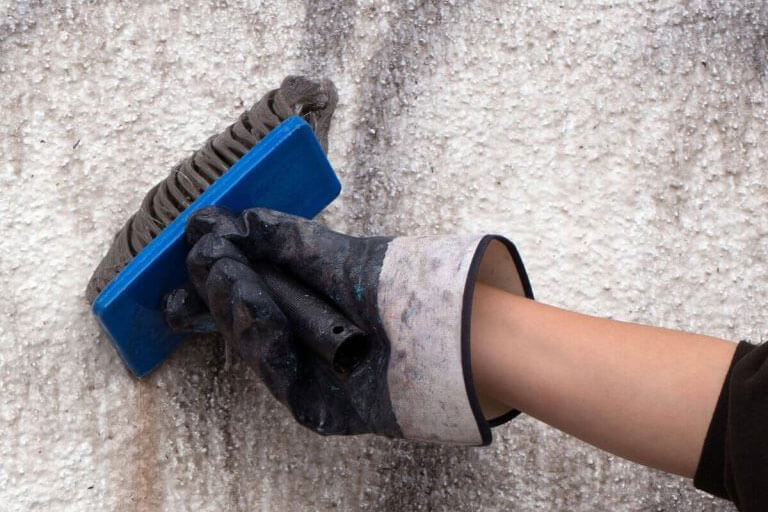
Protecting communities against hate and violence
Eligible organizations can apply for up to $10,000 from the anti-hate community support fund to enhance security measures and recover costs from repairing damage from hate-motivated crimes.
-

Sharing intimate images without consent is wrong
People who have had their intimate images or video shared without consent have new supports to get those images off the internet, stop their distribution, and seek monetary compensation. These services will help people who have had their intimate images shared without their consent quickly access self-help tools to assess their legal options, get information on their rights and connect to supports.
-

Keeping kids safe online and in school
All parents want their kids to be safe online. We’re taking action to keep kids safe by holding social media companies accountable, launching services to remove private images online and pursue justice, restricting cell phone use in school and providing digital literacy training.
-
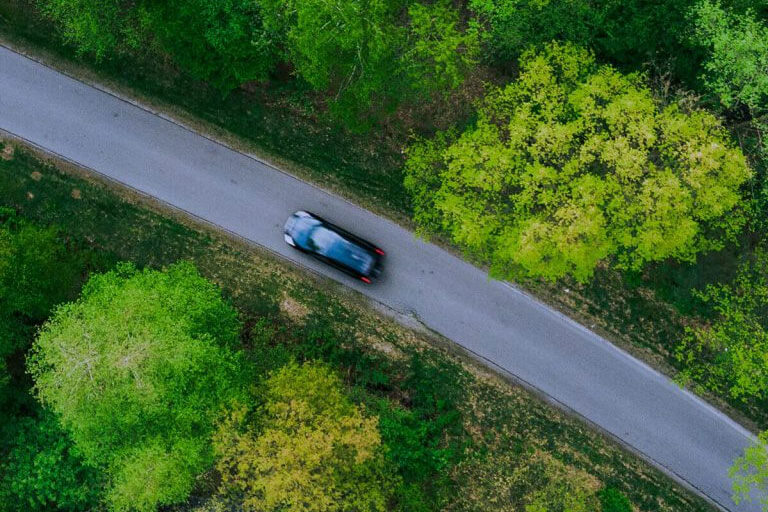
Expanding cell coverage on highways and in rural communities
People travelling along Highway 16 and living in First Nations, rural and remote communities will continue to get more access to reliable, high-speed internet and cell service so they can feel safer and more connected.
